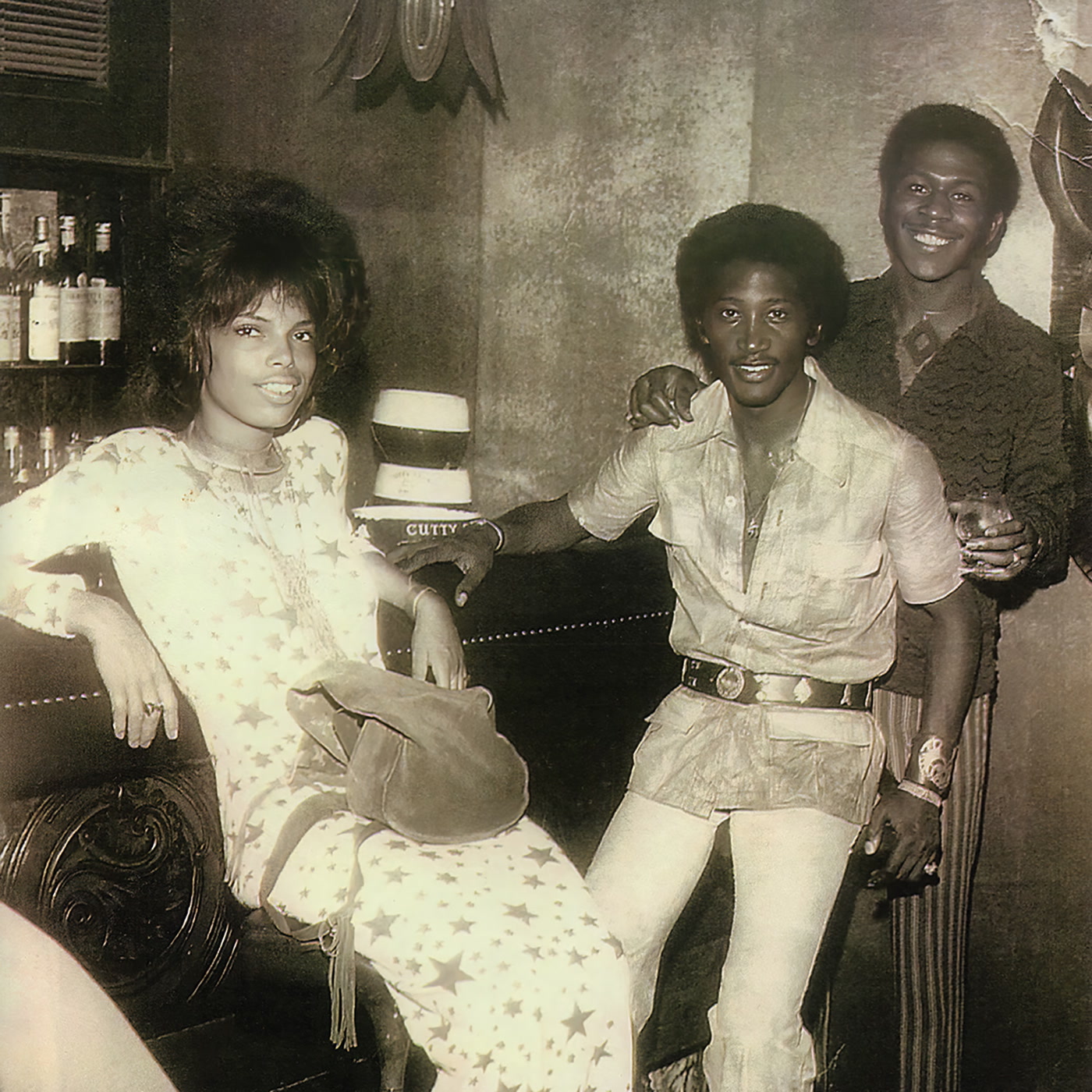- Digital
Bobby Boyd
Bobby Boyd (2023 Remaster)
Athens Of The North
- Cat No: AOTNLP025NEW
- Release: 2023-07-21
- updated:
Track List
-
1. Bobby Boyd - Why Are you Cryin'
04:09 -
2. Bobby Boyd - Good Woman
05:04 -
3. Bobby Boyd - Happy Hooker
05:55 -
4. Bobby Boyd - Ain't What You Know
02:39 -
5. Bobby Boyd - 'Cause I Love You
03:39 -
6. Bobby Boyd - Girl, I Can Feel Ya
03:47 -
7. Bobby Boyd - How Do You Hang on to a Dream
03:22 -
8. Bobby Boyd - Let Bygones Be Bygones
05:08 -
9. Bobby Boyd - To Be in Love with Yourself
03:58 -
10. Bobby Boyd - On This Side of Town
03:36
24bit/88.2khz [wav/flac/aiff/alac/mp3]
The vocalist, saxophonist, composer and arranger Bobby Boyd, arrived in New York at a young age after completing his schooling in Augusta, GA. His musical adventures began in the mid-60s with the release of his debut single “My Type Of Dancin’” on Veep Records in 1965, a fledgling R&B subsidiary label of United Artists. Encouraged by their positive impact on his career, he went on to release his second single “Whatcha ‘Gonna Do About It” on Bang Records in 1968.
In 1970, he formed the Bobby Boyd Congress and, feeling that the funk scene in America was over-saturated, took the decision to re-locate to Paris, France. In 1971, they released a single and an exceedingly rare self-titled album on the tiny private-press label Okapi Records, followed by a further single on Disc-AZ in 1972. After four years of life in Paris (where he was joined by touring artists such as the Ohio Players, Lionel Richie with the Commodores and Chaka Khan), Boyd returned to New York leaving the rest of the band to record as Ice (aka The Lafayette Afro Rock Band).
One day he got a lift from Jimmy Boyd, George Benson’s manager, who introduced him to George at his home recording studio in the Bronx. The two got on so well that Benson became a life-long mentor and produced tracks which ended up being released in 1976 as a self-titled album on Tiger Lily. The label was basically run as a tax-scam and without promotion coupled with a tiny pressing run, it was pretty much doomed to instant obscurity.
Bobby was introduced to other outstanding artists such as Ralph MacDonald, Roberta Flack, Anthony Jackson, Steve Ferrone and Earl Klugh. As the 1970s came to a close, Bobby performed with artists such as Tony Silvester and Cuba Gooding (of The Main Ingredient) and Ecstasy, Passion & Pain. Athens Of The North have released previously unreleased material from this time, and here we continue to preserve Bobby Boyd’s unique legacy and bring his music to a wider audience.
To this day, Bobby can still be found performing at some of New York’s finest jazz clubs.
In 1970, he formed the Bobby Boyd Congress and, feeling that the funk scene in America was over-saturated, took the decision to re-locate to Paris, France. In 1971, they released a single and an exceedingly rare self-titled album on the tiny private-press label Okapi Records, followed by a further single on Disc-AZ in 1972. After four years of life in Paris (where he was joined by touring artists such as the Ohio Players, Lionel Richie with the Commodores and Chaka Khan), Boyd returned to New York leaving the rest of the band to record as Ice (aka The Lafayette Afro Rock Band).
One day he got a lift from Jimmy Boyd, George Benson’s manager, who introduced him to George at his home recording studio in the Bronx. The two got on so well that Benson became a life-long mentor and produced tracks which ended up being released in 1976 as a self-titled album on Tiger Lily. The label was basically run as a tax-scam and without promotion coupled with a tiny pressing run, it was pretty much doomed to instant obscurity.
Bobby was introduced to other outstanding artists such as Ralph MacDonald, Roberta Flack, Anthony Jackson, Steve Ferrone and Earl Klugh. As the 1970s came to a close, Bobby performed with artists such as Tony Silvester and Cuba Gooding (of The Main Ingredient) and Ecstasy, Passion & Pain. Athens Of The North have released previously unreleased material from this time, and here we continue to preserve Bobby Boyd’s unique legacy and bring his music to a wider audience.
To this day, Bobby can still be found performing at some of New York’s finest jazz clubs.



